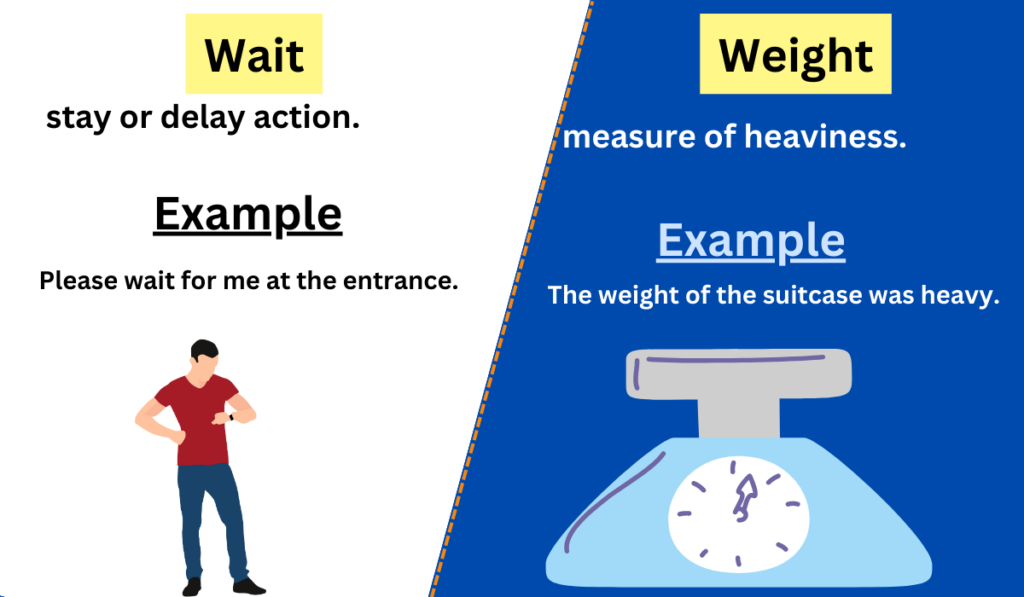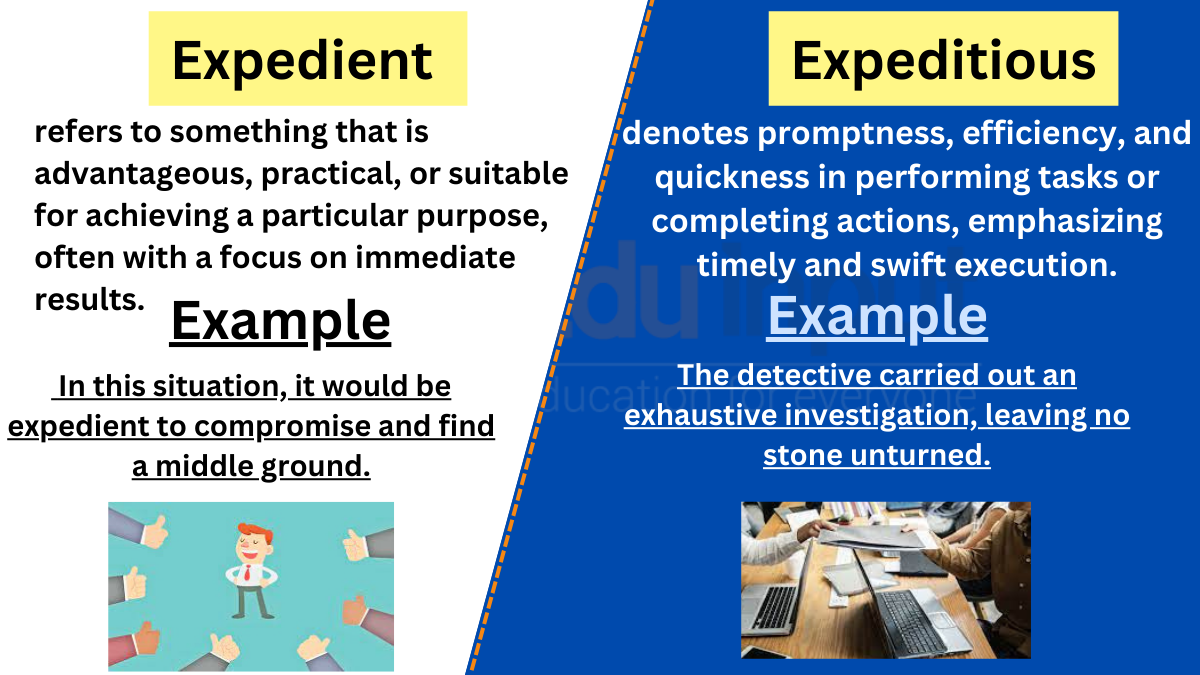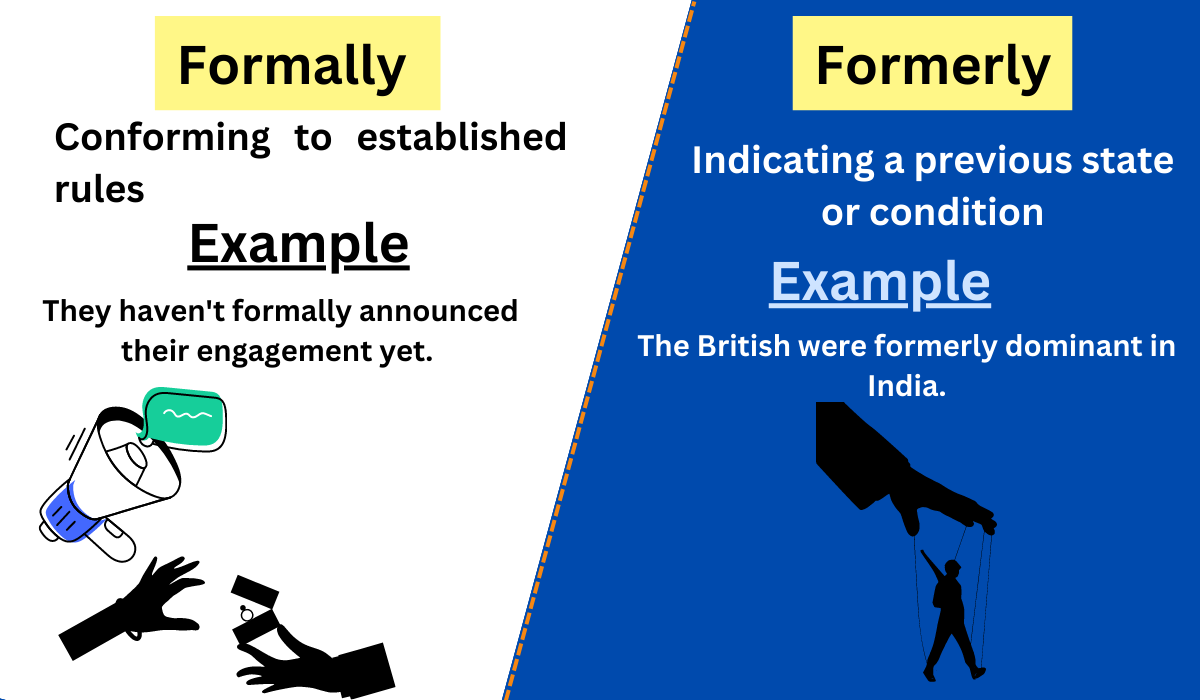Wait vs. Weight- Difference Between and Examples
The English language often presents us with words that may sound similar but have distinct meanings and uses. One such pair is “wait” and “weight.” Although these words share a similar pronunciation, they hold separate definitions and serve different purposes.

This article aims to shed light on the difference between “wait” and “weight,” providing clear explanations and examples to ensure their proper understanding and usage.
By grasping the nuances between these terms, individuals can effectively communicate their thoughts and avoid misunderstandings.
Let’s delve into the meanings and uses of “wait” and “weight” in the English language.
Meanings and Examples
Wait Definition
Definition: “Wait” is a verb that refers to the action of staying in one place or delaying action until something specific happens or someone arrives. It implies a temporary pause or the act of remaining in expectation of something.
Examples of Wait
- Please wait for me at the entrance until I return.
- They had to wait for hours before the concert began.
- I can’t wait to see you again!
Weight Definition
Definition: “Weight” is a noun that represents the measure of the heaviness of an object or a person. It denotes the force exerted on an object due to gravity or the mass of an individual or object.
Examples of Weight
- The weight of the suitcase made it difficult to carry.
- She has been struggling to lose weight for a while.
- The weight of his responsibilities was overwhelming.
Difference between Wait and Weight
| Category | Wait | Weight |
| Meaning | Verb: stay or delay action | Noun: measure of heaviness |
| Example | “Please wait for me at the entrance.” | “The weight of the suitcase was heavy.” |
| Usage | Time, anticipation, patience | Measurement, physics, fitness, load |
| Context | Waiting for someone or something to happen | Physical objects, health, physics, mechanics |
Usage in a Paragraph
The verb “wait” is commonly used to describe the act of staying in one place or postponing action until a specific event or person arrives. It implies a temporary pause or a period of anticipation.
Waiting is often associated with patience and the expectation of something desired or anticipated.
For example, waiting for someone to arrive, waiting for a bus, or waiting in line at a store are common instances where the verb “wait” is utilized.
On the other hand, “weight” is a noun that refers to the measure of the heaviness of an object or a person. It is the force exerted on an object due to gravity or the mass of an individual or an object.
Weight is an essential consideration in various contexts, including physics, fitness, and measurements.
For instance, when talking about the heaviness of an object, determining an individual’s body mass, or discussing the load capacity of a structure, the noun “weight” is used.
Understanding the distinction between “wait” and “weight” is crucial for effective communication in the English language.
While “wait” involves staying or delaying action until something specific happens, “weight” refers to the measure of heaviness. By using these terms accurately, individuals can express themselves clearly and avoid confusion in various situations.






Leave a Reply